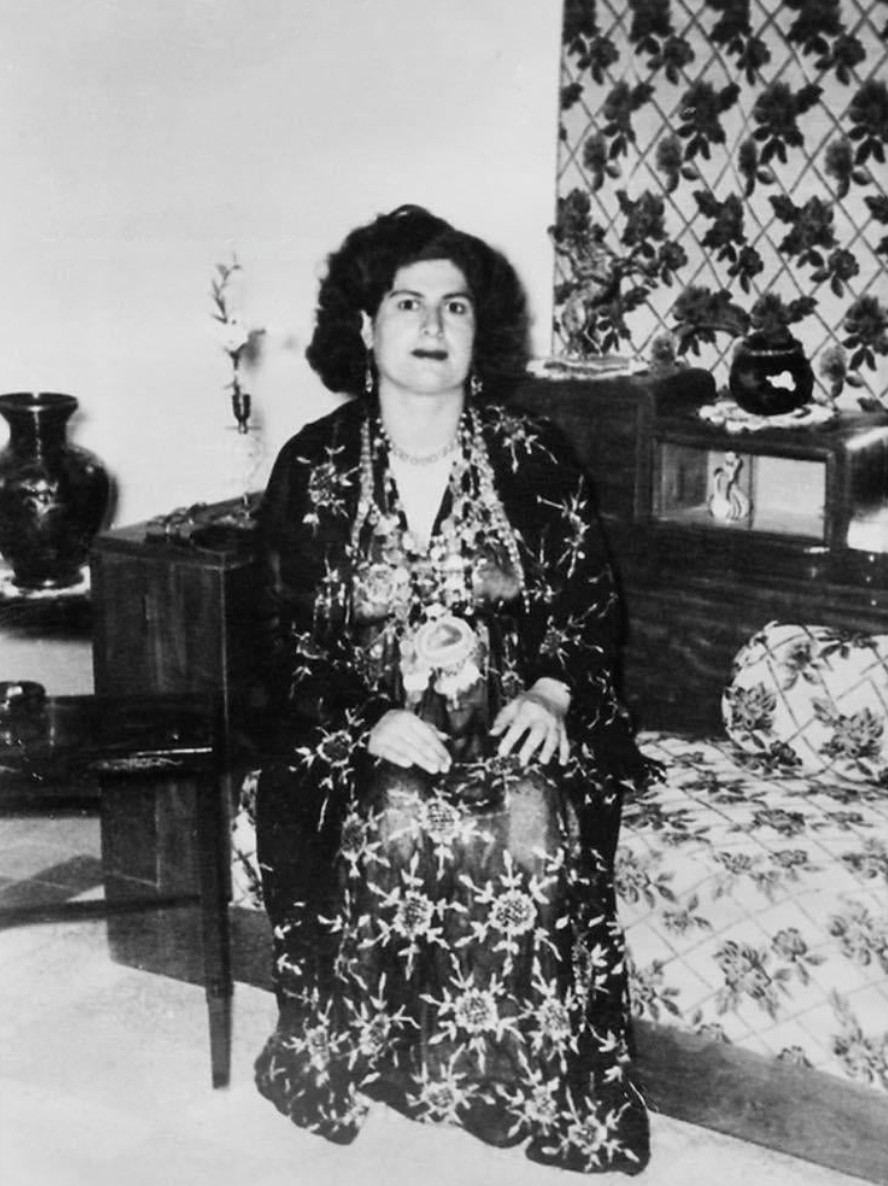As one of the world’s largest ethnic groups without a state of their own, the Kurdish people have been fighting for independence and self-determination for decades. Their resilience, determination, and bravery in adversity have captured the world's attention. Their struggle for independence has not been smooth sailing, however, with different Kurdish armed groups at times at the center of considerable controversy.
Differences matter
Western governments and media tend to lump all Kurdish armed groups together, making it difficult to understand the nuances of Kurdish politics. This, in turn, has hindered peaceful and positive development for the Kurdish nation, as different armed groups pursue their own objectives through different tactics. This article will explore the differences between the various Kurdish armed forces, focusing on the People's Defense Units (YPG), the Kurdistan Worker's Party (PKK), and the different peshmerga forces.
The YPG is a Kurdish militia operating primarily in Syria. It was formed in 2011 to defend Kurdish areas of northern Syria from the Syrian regime. The YPG is affiliated with the Democratic Union Party (PYD), the Syrian wing of the PKK. The YPG has been one of the most effective fighting forces against ISIS, working alongside the U.S.-led coalition to capture key territories from the terrorist organization.
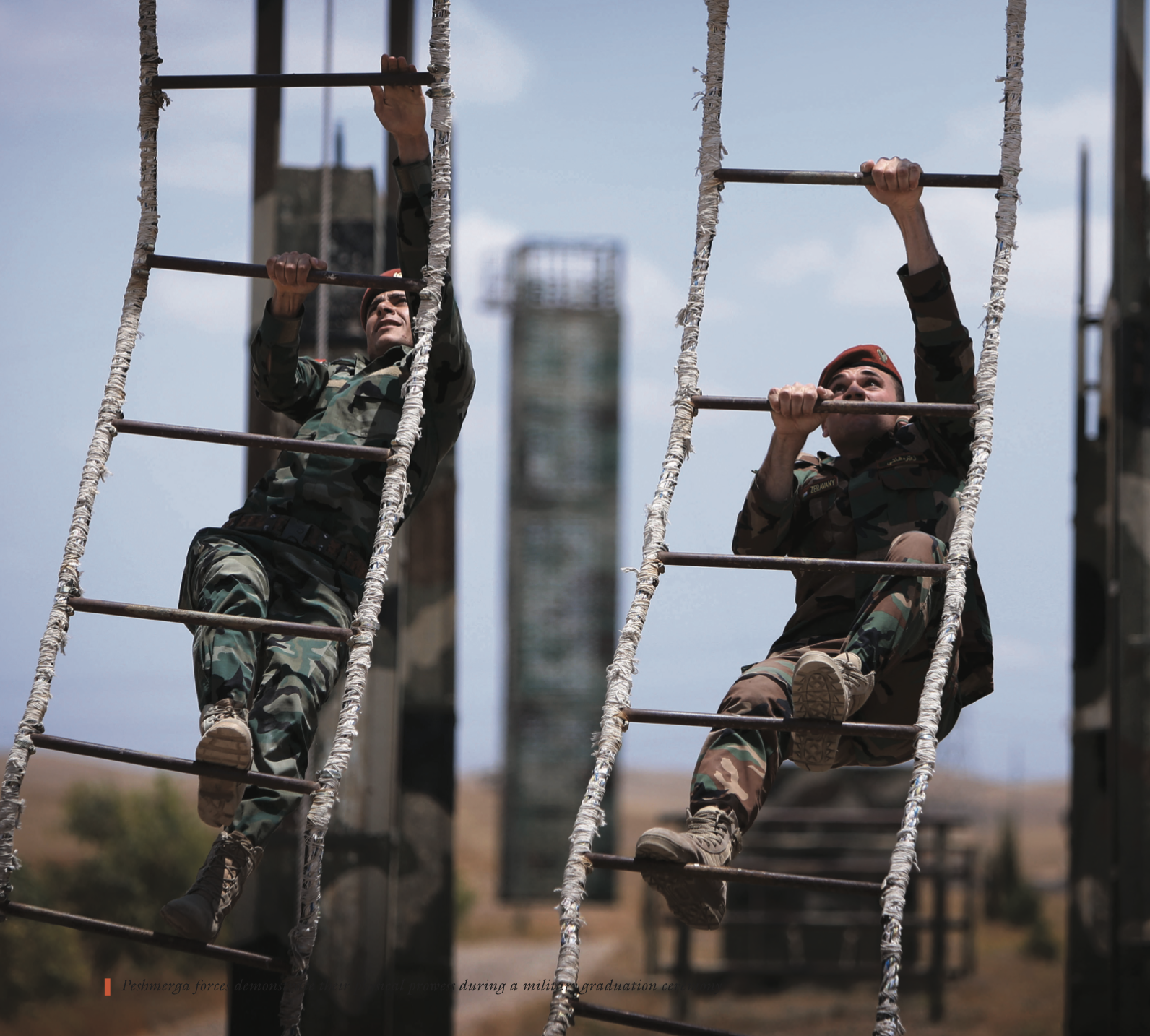
The PKK is a Kurdish militant organization that originated in Turkey. It was founded in 1978 to establish self-administration in Turkey's Kurdish areas. The PKK has been designated a terrorist organization by Turkey, the United States, and the European Union after carrying out numerous attacks against Turkish security forces and civilians, resulting in a decades-long conflict that has claimed tens of thousands of lives.
Meanwhile, the Kurdish peshmerga in Iraq have been in operation since the 1930s. The term peshmerga means “those who face death,” and the group has a storied history of fighting against Iraqi government forces. The peshmerga are not a unified force; they are divided between the Kurdistan Democratic Party (KDP) and the Patriotic Union of Kurdistan (PUK). For over three decades, the peshmerga forces have been a vital ally of the United States in the fight against ISIS.
The differences between these groups are palpable, a fact that is vital to understand to appreciate their contributions to the overall Kurdish struggle. While the YPG primarily focuses on protecting the Kurdish population in Syria, the PKK seeks to establish autonomy in Turkey. In contrast, the peshmerga are concentrated in the Kurdistan Region of Iraq (KRI). These differences in objectives and tactics must be considered when attempting to develop strategies to promote peace and stability in the area.
To appreciate the contributions of various armed groups, understanding the differences between them is essential. The YPG, PKK, and peshmerga all have unique objectives and tactics, and any strategy to promote peace and stability in the region must consider them. It is important to note that the lack of awareness surrounding these differences has been detrimental to the overall prospects for peace in the region. When Western governments and media lump all Kurdish armed groups together, they associate them with the violence perpetrated by the PKK, which hinders peaceful development and can lead Western governments to support the wrong groups or fail to support the right ones.
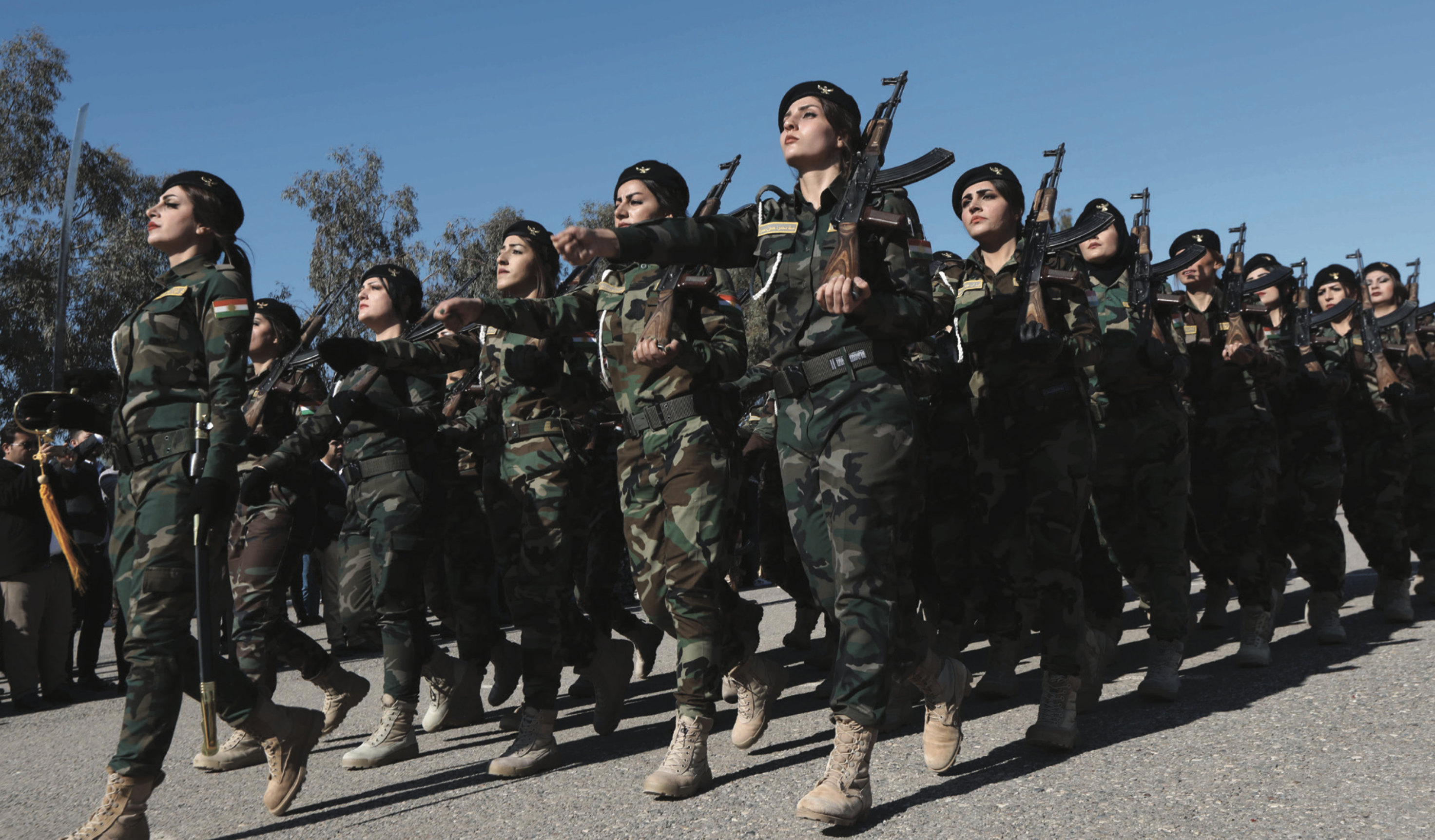
Political parties or armed groups?
We should also note that there are other Kurdish political parties and armed groups that cannot be ignored. Understanding the differences between the various political parties and armed groups is essential in developing a meaningful strategy to promote regional peace and stability.
One of the most prominent, widely recognized, and vastly endorsed Kurdish political parties is the Kurdistan Democratic Party (KDP), which was founded in 1946 by the Kurdish nationalist leader Mustafa Barzani with the goal of securing greater political and cultural rights for the Kurdish people in Iraq, as well as independence, after facing discrimination and marginalization under successive governments in Baghdad.
In the 1960s and 1970s, the KDP launched an armed insurgency against the Iraqi government, seeking greater autonomy for the Kurdish regions. While initially successful, with Kurdish forces gaining control of much northern Iraq, the Iraqi government launched a crackdown in the late 1970s using chemical weapons and other brutal tactics to defeat the Kurdish resistance.
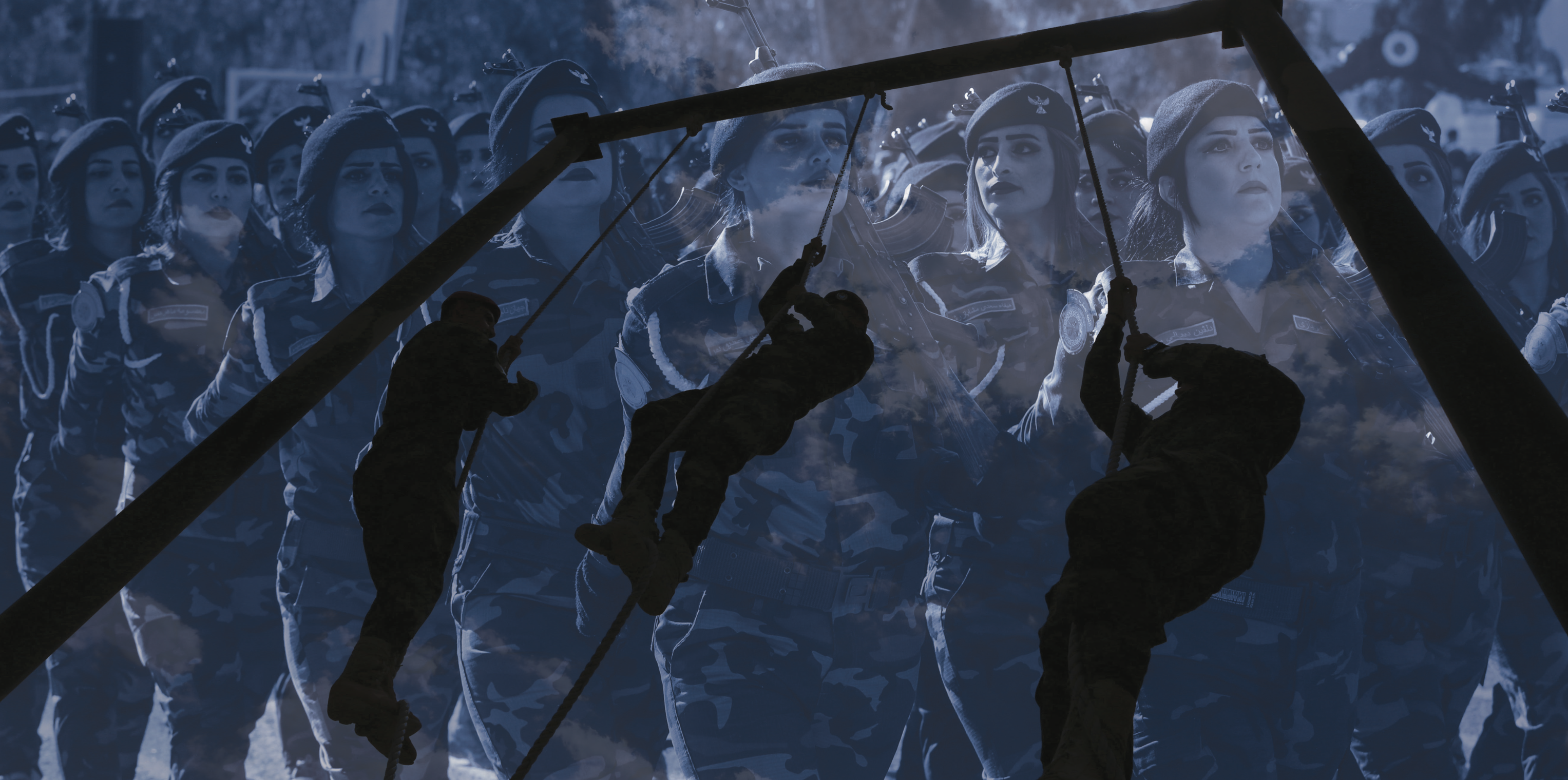
Despite the setbacks, the KDP continued to operate underground and carried out sporadic attacks against Iraqi forces. In the aftermath of the 1990-1991 Gulf War, Kurdish forces, supported by US-led coalition forces, were able to secure a degree of autonomy in northern Iraq. The KDP and the Patriotic Union of Kurdistan (PUK) played a prominent role in forming the Kurdistan Regional Government (KRG), established in 1992 to manage affairs in the Kurdish-ruled areas.
Since then, the KDP has been one of the dominant political parties in the KRI, along with other smaller parties. The KDP has been led by Masoud Barzani, son of its founder, since the mid-1970s, and has engaged in negotiations with the Iraqi government over its future status while remaining committed to securing greater autonomy and self-determination for the Kurdish people in Iraq.
The second major political party in the KRI, the PUK, was founded in 1975 by Jalal Talabani, a prominent Kurdish nationalist leader, along with other activists in the Kurdish political movement in Iraq. The primary goal of the PUK was to achieve greater political and cultural rights for the Kurdish people in Iraq.
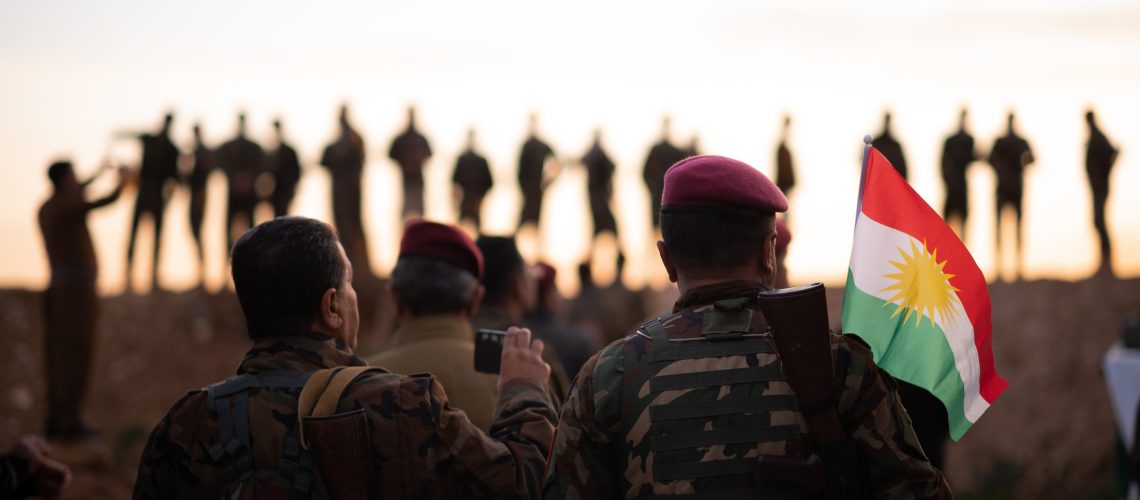
Who are the peshmerga?
The Kurdish peshmerga have proven to be a vital ally in the fight against ISIS in Iraq and Syria, and their contributions have been noticed by the United States and other Western countries.
The Kurdish people have long been a natural ally to the United States and the West, demonstrating their commitment to democracy and human rights. Since the First Gulf War in 1990-1991, Iraqi Kurdish political parties have been a robust ally to the United States, and their relationship has only grown stronger over the years.
During the 2003 Iraq War, the peshmerga worked closely with the U.S. military, providing valuable intelligence and assistance in dislodging Saddam Hussein's regime. They were also instrumental in establishing a stable and democratic government in the Kurdish region of Iraq, which has become one of the most peaceful and prosperous regions in the country.
In the fight against ISIS, the peshmerga were on the front lines, fighting fiercely to defend their homeland. They successfully prevented ISIS from taking over the KRI and even pushed the group out of some of its strongholds, such as the cities of Sinjar and Kirkuk. Finally, they played a key role in providing humanitarian aid to civilians affected by the conflict. They set up refugee camps and provided food, water, and medicine to those displaced by the fighting.
The United States and the West must continue to support their Kurdish allies. The success of the fight against ISIS in Iraq and Syria has depended upon the peshmerga, while Kurdish political parties have proven to be reliable allies.
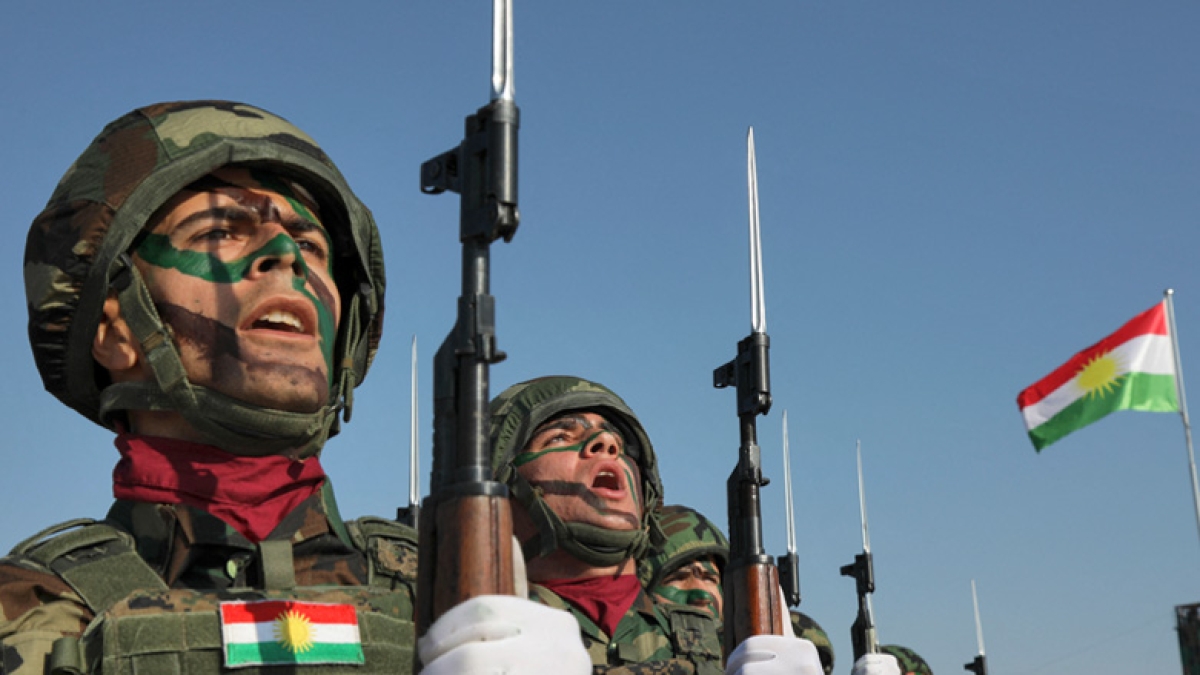
Unifying the peshmerga
It is important to note that the Regional Guard Brigades (RGBs) are under the command of the Ministry of Peshmerga Affairs and thus elected civilian governance, which is free from external political influence. However, on October 16, 2017, eight out of 14 RGBs split along KDP and PUK lines and have since remained separated.
Attempts to unify the peshmerga under government control have failed since the 1990s, but progress has been made in recent years. The KRG is committed to reviewing the current mechanisms for reorganizing and unifying the peshmerga as well as internal security forces, with the help of local and international experts. They aim to strengthen the KRI’s defense capabilities, counter risks, enhance security, and elevate the professional and military capability of their forces.
As someone who has been involved in the Kurdish issue for over 15 years, I have come to greatly respect the Kurdish parties' efforts to learn from their historical mistakes, particularly when it comes to preventing destructive forces from pitting Kurds against each other.
I witnessed the painful civil war of the 1990s and the events in Kirkuk in 2017, and I am relatively knowledgeable about modern Kurdish history. I understand why attempts to establish a Kurdish state failed in Red Kurdistan, the Republic of Ararat, the Republic of Mahabad, and elsewhere.
While the Iraqi army ran from ISIS, the peshmerga bravely fought with old, worn-out AK-47s. The West's reluctance to arm the peshmerga directly, routing aid through Baghdad instead, made it difficult for the KRI to secure weapons during the early years of the war against ISIS.
However, the Peshmerga's heroic efforts did not go unnoticed, and eventually, the coalition realized that investing in them was better than in the Iraqi army. The peshmerga received the needed resources to decisively defeat ISIS.
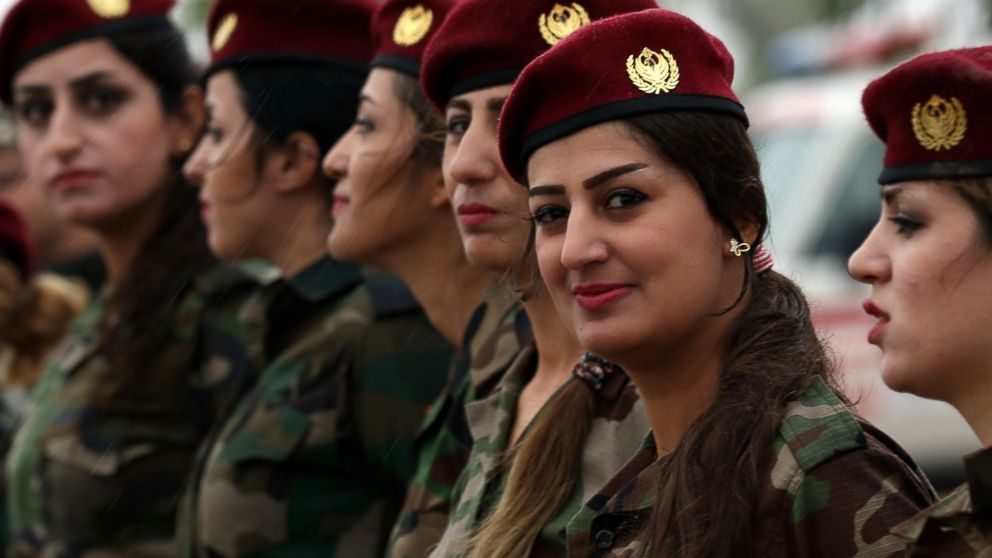
Looking forward
The peshmerga's greatest strengths lie in their fighting spirit, popular support, reliability, number of fighters, and unique intelligence network.
For the West, reform of the peshmerga aims to establish an accountable, capable, and affordable regional force operating effectively as an element of the Iraqi Security Forces, promoting a more secure and stable KRI. However, for the KRG, the objective in reforming the peshmerga should be seen as a stepping stone toward building an independent Kurdish state.
Security, safety, and stability are essential factors for a sovereign nation-state, as seen in Israel's development. Despite the differences between the KRI’s and Israel's history, Kurdistan's situation today is somewhat analogous to Israel’s in the late 1940s.
Kurdistan has a tribal society and, historically, the peshmerga have been loyal to different tribes, local communities, or political parties. However, they are becoming a unified national army, in line with democratic development in the KRI, which ultimately presents both challenges and opportunities for a future independent Kurdish state.
Regardless of what the future holds, one thing is certain: the increasing importance of Kurds and Kurdistan in the future of the Middle East highlights the KRG’s place in international politics.
Michael Arizanti is a Dutch-born social justice activist and prolific writer with a keen interest in Kurdish affairs and human rights. With his expertise in the Middle East, Michael is a passionate advocate for social justice and has dedicated his life to positively impacting the world.
